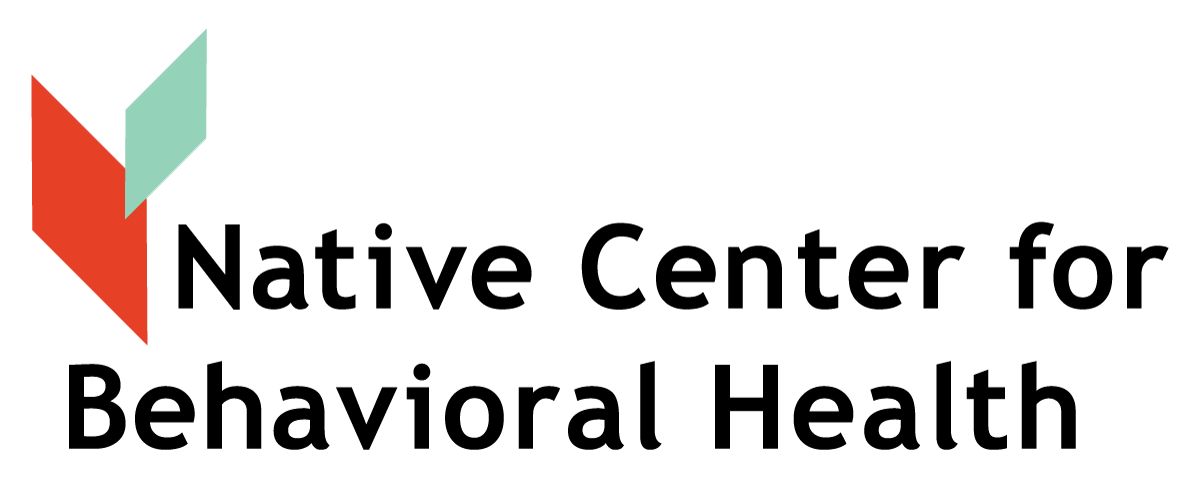Native LGBTQ+/
Two Spirit

Trans Day of Visibility
The International Transgender Day of Visibility is an annual observance designed to celebrate accomplishments of transgender and gender non-conforming people while also acknowledging the work that still needs to be done to achieve trans justice. Trans and non-binary individuals are facing significant political attacks in legislation as well as fatal violence, especially against Black and trans women of color.
We also acknowledge that, prior to European colonization, Indigenous cultures often were uplifting of Two-Spirit people and viewed them as sacred. We aim to dismantle colonial views of gender. Today and every day, we celebrate trans and non-binary people and stand firm against disinformation, discrimination, and hate impacting the community.
Download the flyer to learn how you can support Trans and Gender Nonconforming people.

Ilona Verley
Ilona Verley made history when she sashayed her way onto Canada’s Drag Race – not because of her fiery entrance or fierce monochromatic, pastel drag looks, but by bringing Indigenous and Two Spirit representation to the show. The Nlaka’pamux drag queen identifies as Two Spirit and trans and non-binary. She was eliminated in the 7th episode of the show but was invited with all other contestants to appear in the season finale. She used the platform to draw attention to the issue of missing and murdered Indigenous
women with a look that blended a First Nations jingle dress hands painted red (red handprints are used to symbolize missing and murdered Indigenous women).

Native LGBTQ+/Two Spirit People
The term Two Spirit was first coined in 1991 during the annual general meeting for Gays and Lesbians of the First Nations in Winnipeg, Manitoba. It originates from the Ojibwe words “niizh manitoag” (two spirits). Those at the meeting decided to replace a derogatory term created by colonizers with the term Two Spirit to distance themselves from non-Natives. There are more than 100 different Indigenous words that refer to Two Spirit people but not every tribe uses the term, so the general reference is Native LGBTQ+/Two Spirit.

Susan Allen
Susan Allen was the first American Indian woman to serve in the Minnesota Legislature and the first openly lesbian American Indian to win election to a state legislature. A member of the Democratic-Farmer-Labor Party, she served in the Minnesota House of Representatives from 2012 to 2018. Allen is Lakota, Dakota, and Anishinabe and identifies as Two Spirit. She is an enrolled member of the Rosebud Sioux Tribe.

“Honoring Our Relations: Increasing Knowledge of LGBTQ/Two Spirit Wellness”
A free training opportunity intended for services providers and allies to increase awareness and knowledge on a range of unique challenges for Native LGBTQ/Two-Spirited individuals with regard to accessing behavioral health services. Participants will learn strategies to engage Native LGBTQ/Two-Spirit people in affirming, supportive, and culturally-responsive behavioral health care.

